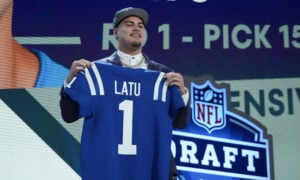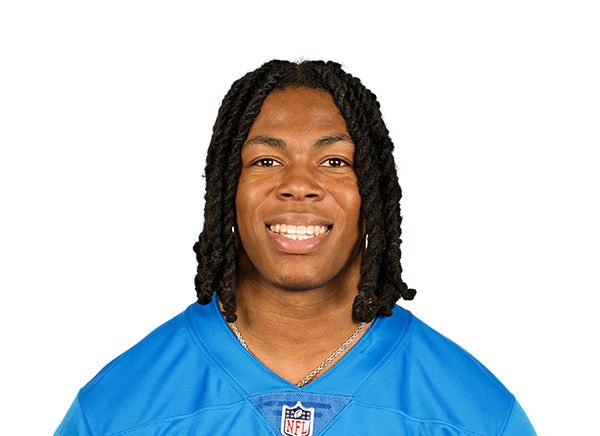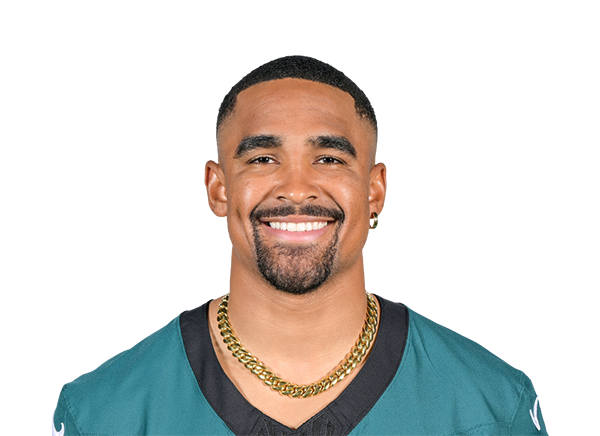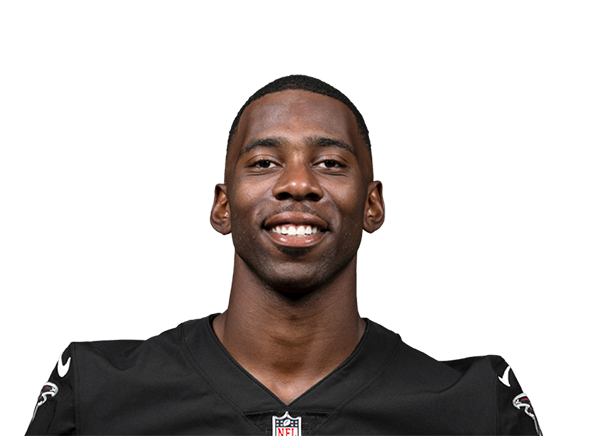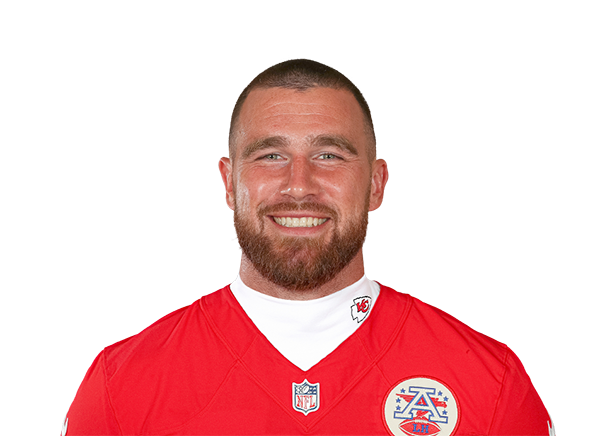How to Win in Dynasty: Watch the Watchers
Editor’s Note: The following article was written by new Member Corner writer Woody McClelland. Member Corner writers are passionate DLF followers with a strong interest in developing their writing skills. We’re happy to offer this uncompensated area to allow them to hone their skills, receive exposure and interact with our community. Please be constructive with all comments.
There is a common belief within the dynasty and redraft communities that player on-field performances alone win fantasy football championships. However, what I have witnessed over my years playing in leagues that are free, low-stakes and high-stakes is that the true sources of titles (or lack thereof) are the decisions we as fantasy owners either make or fail to make.
As a result of this, we need to be very sensitive to who and what influences our decision-making. The theme of watching the watchers comes from an NCIS episode where the lead character, Leroy Jethro Gibbs stated as one of his rules: “Always watch the watchers” — in essence, monitor those who are tasked with oversight.
In that vein, commonly overlooked sources of influence to be studied are the “watchers” of fantasy football – the fantasy analyst community.
Unfortunately, there are fantasy analysts whose primary goals are to entertain and sound intelligent. These may help them sustain a vibrant audience, which boosts their income/notoriety in their positions, but often don’t help their audience win. This divorce in goals between them and their audience is best observed when these analysts are confronted about advice they have given listeners/readers which led them astray. While an analyst with pure motives reacts with humility and contrition, those motivated more by money/fame than helping their audience (who have entrusted their time and rosters to said analyst) will often respond with belligerence and derision — “Well its your team!” and shun any accountability for the advice they have given to their flock. In doing so, they personify the description of the “hired man” in the Book of John:
“When the hired man, who is not a shepherd and does not own the sheep, sees a wolf coming, he leaves the sheep and runs away; so the wolf snatches the sheep and scatters them. The hired man runs away because he is only a hired man and does not care about the sheep.”
John 10:12-13 GNT
http://bible.com/68/jhn.10.12-13.gnt
How can we as owners give ourselves the best chance to make championship-winning decisions? A good start is to pay close attention to who we listen to, because whoever you listen to regularly (via forums, articles, radio, and/or podcasts, etc.) is going to influence your decisions whether you realize it or not. This influence is particularly critical in dynasty, where unwise decisions have consequences that may take years to overcome.
It is my hope that you will apply this article to determine for yourself which influences are helping versus hindering your chances of making optimal decisions, because the best teams are built from the best decisions. Applying these criteria will help improve your decision-making (and yes, as an analyst myself, you should apply these criteria first of all to me and any work I have or will produce).
- What is their track record?
The first step in evaluating an influence is to look at his or her track record, both as an analyst and as a player. What is their history of accuracy? Do they have the humility to mention past wrong calls? What is their process in offering advice? What leagues have they won? Are they willing to put their money where their mouth is by playing in high-stakes leagues?
According to multi-year data from the annual Fantasypros accuracy challenge, even the most accurate analysts are wrong 40% of the time — meaning that the vast majority of analysts have accuracy comparable to a coin flip. However, just because “everyone gets calls wrong” does not obviate the need to examine the track record of anyone you as an owner allow to influence your decision-making. Learning why a decision was incorrect is vital for future improvement; analysts who never go back to publicly assess their mistakes prevent you from improving on yours if you let them influence your decision-making.
- Do they provide evidence to support their claims?
Oftentimes, even more important for long-term improvement than whether a call is correct is whether the process behind the call was sound. If you believe in the process behind the decision, it makes that decision easier to live with even if it was wrong. This is an aspect of fantasy analysis which has dramatically improved over the past decade, as the influence of daily fantasy sports has forced season-long analysts to put in the evidence-based work on a weekly basis in order to remain relevant. To paraphrase a saying of fantasy analyst Giana Pacinelli (@Gianaaaa): “Listen to the analysis, not necessarily the advice”.
- Do they actively play in leagues?
One of the most common questions that families ask a doctor after being given a medical recommendation is: “What would you do if it was your family member”? If that type of logic is good enough in the “real world”, it is certainly good enough in fantasy. Any analyst divorced from personal consequences of their recommendations deserved to at minimum be viewed with eyebrows raised.
- Do they care more about my winning than about trying to sell me something?
Analysts predominantly concerned with maintaining positions of prestige are often very slow to react to changing situations during a season; they see little reason to “rock the boat” even if doing so could help an audience make a league-winning contrarian decision.
These analysts are what I would describe as Jay Cutler-style decision makers. Instead of throwing wide receivers open, Cutler is known for having to see a receiver wide open before deciding to throw the ball. The problem with this on the football field is obvious; the delay in making a decision until it becomes glaringly obvious gives the defense extra time to react, resulting in turnovers rather than touchdowns. For fantasy advice, this problem is just as problematic for owners if they listen to analysts who will only strongly recommend a player after he has already proven “trustworthy” by having more than one great game in a row; by the time that analysts recommends said player, it is often too late for the listener to acquire that player in his or her league.
Instead, we should be looking for Tom Brady and Aaron Rodgers-style analysts; those who are confident enough in their own preparation and ability to throw a wide receiver open by deciding to throw well before he is open. For owners, analysts who can provide this give potentially league-winning advantages in player acquisition or departure, either through the waiver wire or via trade negotiations. Analysts willing to take the short-term risk demonstrate courage — it is more nerve racking to recommend someone before that player’s value is obvious, especially if their valuation about that player is incorrect. But if an analyst cares more about securing sponsors than helping listeners win, they will be inclined to make extremely “safe” predictions which lower the chance of looking foolish, but lower even further the chances of their audience winning their leagues — just as Cutler gives his team a far lower chance of winning than either Brady or Rodgers do.
Analysts who play it safe rarely have elite accuracy, and may be more concerned with the fallout of being wrong on a contrarian take than with your ability as a listener to benefit from said take. Choose Aaron Rodgers over Jay Cutler.
These are some of the lessons which have improved my decision-making over the years. I trust they will help you as well in your leagues.
Proverbs 3:5-6: “Trust in the Lord with all your heart. And do not lean on your own understanding. In all your ways acknowledge Him, And He will make your paths straight.”
- How to Win in Dynasty:Watch the Watchers - November 11, 2017
- Which Under-Achieving Receiver is a Buy-Now? - October 24, 2017
- Time to sell high on Golden Tate? - October 21, 2017







